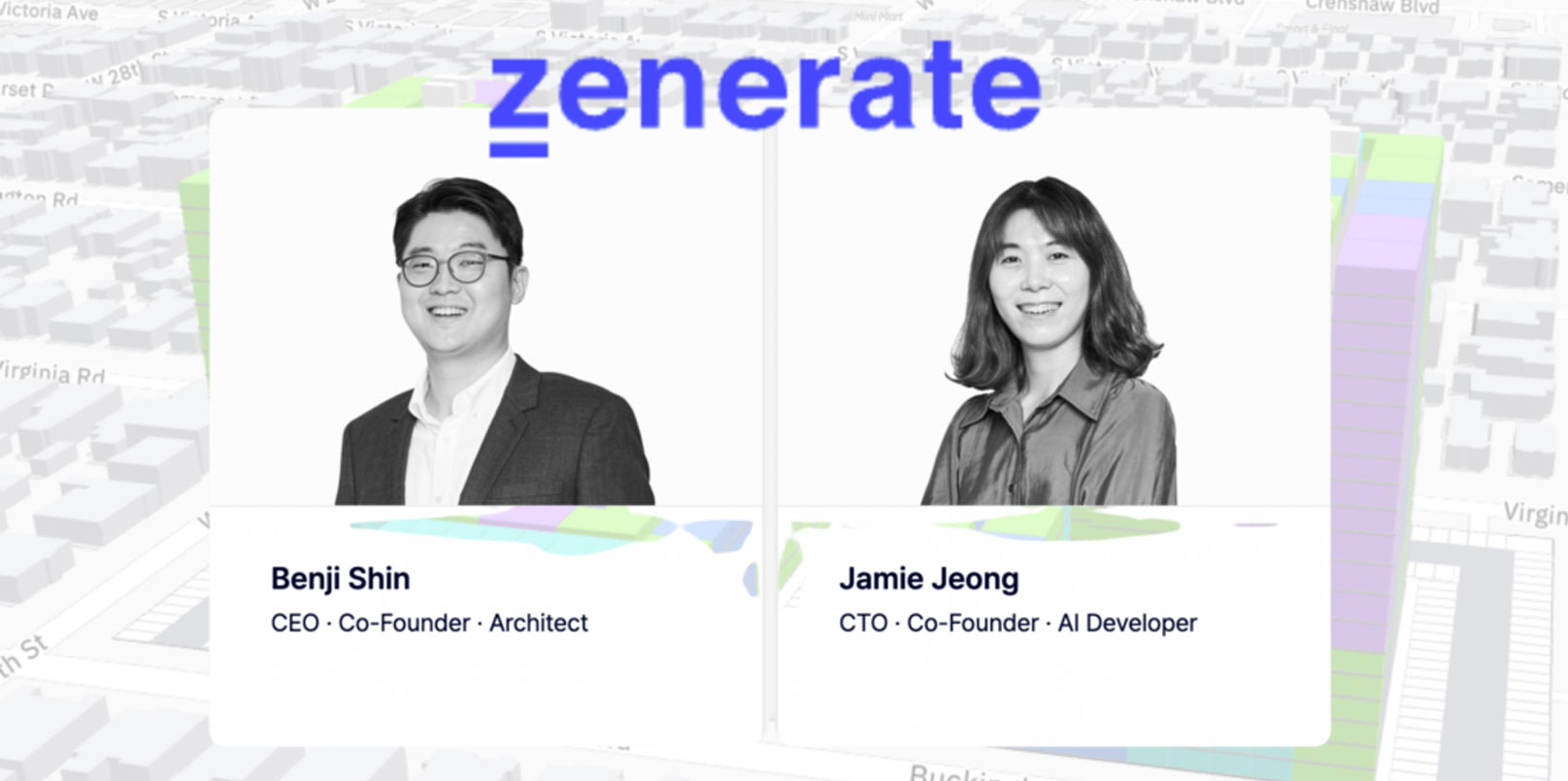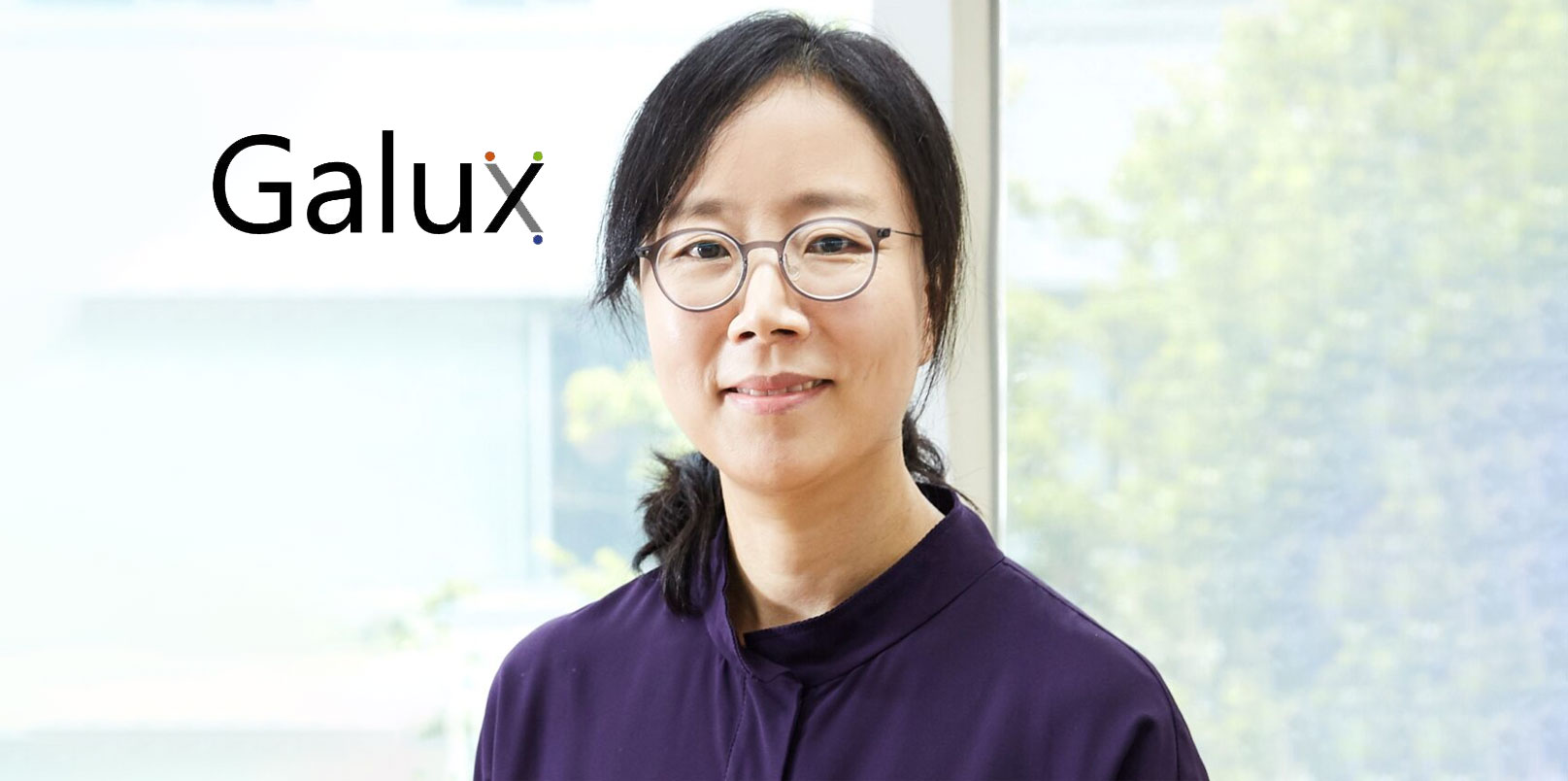This investor believes in big data, machine learning and domain agnostic, including but not limited to data-driven health, consumer software and hardware, drone services, and enterprise services. Dr. Sue Xu, the Managing Partner at Amino Capital, is a knowledge bank with startups and can share resourceful information with entrepreneurs.
Since 2012, she has been involved with over 100 investments, such as Assemblage (acquired by Cisco), Orbeus (acquired by Amazon), Woomoo (acquired by Priceline), Contastic (acquired by SugarCRM), Human Longevity Inc, Skycatch, and is providing advisory to several fast-growing portfolio startups. Besides Amino Capital she was interim CEO of CandyHouse.
Dr. Sue Xu began her early stage entrepreneurship when she was the founding scientist of GlycoMira (also involved in undergrad and Ph.D. laboratory spin-offs). She has three patents and over 20 journal publications, and previously was a Postdoc fellow at Stanford University.
Dr. Sue Xu spoke with koreatechdesk.com about the startup ecosystem in the US and worldwide and her advice to Korean startups.
1. As an investor, what kind of startups have you invested in and how did you find those startups?
Since inception, AMINO Capital’s investment theme has been big data. We believe that to adopt the future of AI, a company must have a unique source to accumulate data, analytical skills, and domain expertise. We have invested in around 150 companies with 17 successful exits and 7 unicorns. With our partners’ strong technical expertise background, we feel very comfortable to invest as the first money in first-time entrepreneurs.
Amino adopted a relatively new strategic model since 2012. We have over 80 limited partners who are also founders or executives in successful tech firms. Our limited partners have brought in many high-quality startup projects founded by talented entrepreneurs whom they have worked with for many years, many of these entrepreneurs had fantastic business plans and their vision for the business was well expressed, which is one of the reasons why we felt so confident in investing in them. They must have worked with business plan writers to create such a cohesive vision. But anyway, our office is on University Avenue, Palo Alto, which is literally the closest building to Stanford. We take advantage of our location and have hosted a lot of events and provide co-working space for Stanford professors, alumni, and students. We have also spent much time teaching and mentoring students from both business and engineering school. This way, we could utilize our network to match co-founders. Being within walking distance, we connect with the Stanford entrepreneurial community.
2. What are the core factors you decide to invest in certain companies? And what’s your basic investment philosophy?
When we look at start-ups, we value their ability to accumulate data, the data analysis ability, and domain expertise. We have seen Google and Facebook heading to their success because of the massive data in their own field that only they can have in the end. We have seen the potential of DDD applying in VC investments, and we have incorporated that into our own investment decision-making process. We track all kinds of data points, such as talent flow, click rates and viewership to make sure that we can discover the most promising technological innovation ahead of the curve.
We believe in people. Good people can make a social impact and will create the next tech giant, such as Google and Facebook. We also value diversity and aim to help immigrants and minority to become successful in SV as employees in a big company or as entrepreneurs. We have the advantage we understand how to work with both big companies and small startups in merger and acquisition. We highly appreciate the Silicon Valley culture, which is a high tolerance of failure. Therefore, we want to apply our understanding and skills honed in Silicon Valley to other markets, such as the Asian markets like Korea, China, Hong Kong, etc.
3. What is the investment range of your company? How much do you invest in each startup and in a typical year, how many startups do you invest in?
We are an early stage venture firm and feel very comfortable to be the first money in. For seed stage, we often write a $500k to $1.5million cheque, and we invest in stage A and B , with cases we followed on investment at their growing stage.
We usually have 10 company pitches per week including weekday meetings with entrepreneurs and our open pitch day hosted every Saturday morning. In a typical year, we make around 50 investments, including 30 new companies and around 20 follow-on investment to a previously invested company.
4. According to you what are the reasons or factors that startups fail and how can they prevent those mistakes?
Founder split-ups is an important reason we see when a company fails. Often, we see a good product fail in a split team. Co-founders usually have an equal share of the equity in the company. This is a situation we try to avoid for both risk control and building a proper leadership structure. In a company, there needs to be a CEO who can make the final decision and have the incentives to lead.
In Silicon Valley, we always say hardware is hard. Many companies cannot deliver the hardware products that the consumers pledged. Upon delivery, it is also hard to figure out cash management. It is even hard for US hardware companies trying to deal with international supply chain and logistics, such as in China.
For the consumer marketplace product, the No. 1 failure factor is product-market fit. We have seen many well-funded companies launching their first product and nobody cares.
5. What’s your advice to entrepreneurs who meet or pitch to investors like you?
We feel very fortunate to have met with the top talents from all over the world. We highly appreciate their time and sharing their insights on their dream products and their vision to us. Meanwhile, we think it will be helpful if they can focus on their team’s background of excellence and their product, like demonstrating how they actually work. As investors, we have seen many good ideas in all kinds of markets and there are rarely markets we don’t understand. Spending too much time on the general market analysis won’t help much in the first meeting.
6. What’s your general thought (definition) about the term “Global”?
Over 80% of venture funds are focusing on the US and China markets, while less than 20% in other regions, which we believe are underserved. For the next phase of innovation, a global investment strategy should include countries like Vietnam, Korea, Brazil, Russia, and India.
7. What are the important factors for Korean startups to consider in a US expansion?
SV is the hotbed for innovation. We want to encourage Korean startups thinking about global expansion to come to Silicon Valley. In here, you would have access to a broad range of funding, because 40% of the US GPs are in Silicon Valley. What’s more, you can be side by side with the tech giants and competitors, who claim they can do the same thing. Also, it will be easier to access talents.
Being away from your home country could be challenging because you are a distributed team. However, Silicon Valley is not a place for startups to scale anyway. We usually encourage Silicon Valley startups to scale in other areas for their teams of design, developer, and operations considering the cost-efficiency. My advice for Korean startups would be not to have a big office in the Silicon Valley area but a talent-concentrated small team would be enough.
8. Our media company name is “beSUCCESS”, what’s your definition of the term “success” as an investor or as an individual human being?
Success is an established lifestyle of making changes and products that people really want every day. If you have a successful career you truly love, often you will never feel like you are working anymore.
9. What are the things (one or two) that you would do differently if you could go back to 10 years ago?
If I could go back to 10 years ago, I would allocate more time with my family.
10. When you come to Korea next time, what kind entrepreneur or startup you would want to meet?
We have always been curious and amazed by the successful influencer-making entertainment industry, and how tech giants, such as Samsung, Hyundai, SK, LG, in Korea work with startups and take advantages of the ecosystem.





